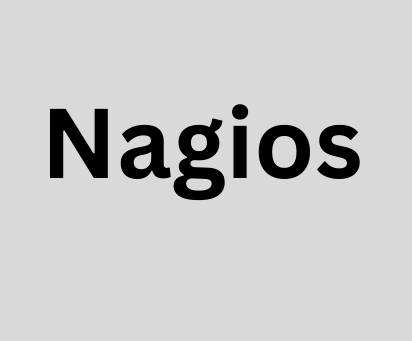Read the article to find out different methods to turn off all notifications in Nagios. As a part of our 24/7 Server Management Services, Bobcares offers support for your server issues.
Methods to turn off all notifications in Nagios
For servers, switches, applications, and services, Nagios provides monitoring and alerting services. Nagios can very much inform us in any way we want of issues and fixes. Nagios engine uses notifications to notify users when monitoring services change statuses.

We do occasionally need to disable these notifications, though. We’ll examine a few ways to disable Nagios notifications in this article.
Method 1
1. Go to the Nagios interface via a web browser and log in as the nagiosadmin user.
2. In the left navigation pane, select “Process Info” and then “Disable Notifications” and “Commit.”
Method 2
Set enable_notifications=0 in nagios.cfg. Start the Nagios again.
Method 3
We can also do it at a contact level, by disabling notifications for the Nagios contact.
define contact {
contact_name bobcares
email bobcares@example.com
host_notifications_enabled 0
service_notifications_enabled 0
}
Method 4
If the Nagios command file named pipe is defined, we can also execute this via it. The benefits of implementing it in this manner include the fact that it is internal to NAGIOS, that it can be programmed from at or cron instead of needing interaction with a web browser, and that no configuration files need to be changed.
Method 5
1. We can use the below code to disable notifications on CentOS6 EPEL NAGIOS:
echo "[`date +%s`] DISABLE_NOTIFICATIONS" > /var/nagios/rw/nagios.cmd
2. Then re-enable it using the code:
echo "[`date +%s`] ENABLE_NOTIFICATIONS" > /var/nagios/rw/nagios.cmd
Method 6
Change
service_notification_periodhost_notification_period[Need help with another issue? We are just a click away.]
Conclusion
The article provides 6 simple but different methods from our Tech team to turn off all the notifications from the Nagios tool.
PREVENT YOUR SERVER FROM CRASHING!
Never again lose customers to poor server speed! Let us help you.
Our server experts will monitor & maintain your server 24/7 so that it remains lightning fast and secure.







0 Comments